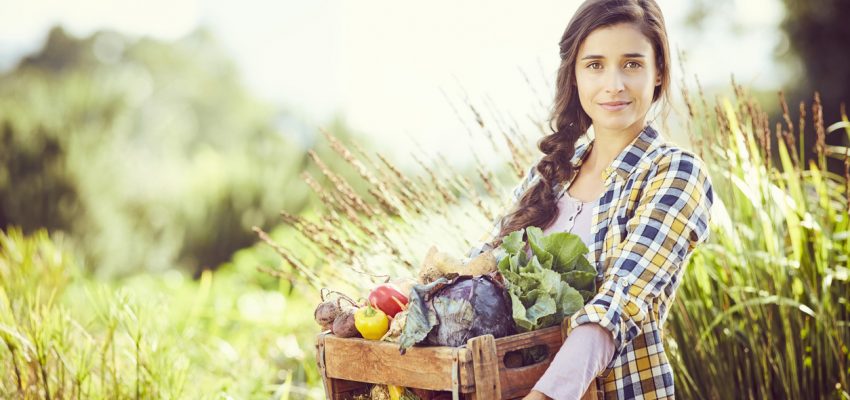Guest post by Tim Moore*
Almost all the food that we eat has been sprayed with pesticides so that it will grow bigger and will be worth more. It’s very unhealthy for us to be eating these chemicals. What is the best way to combat pesticides? By starting your own organic garden of course!
What is an Organic Garden?
A garden that is grown without using any synthetic chemicals like weed control or unnatural fertilizers. Organic gardening does not pollute the soil or poison wildlife while it provides a healthy source of food. Organic gardeners do not need to continue buying expensive pesticides, but they do require a fair amount of work to maintain.
Prepare the Soil
The ideal soil is packed with all the nutrients your growing garden will need. Start by testing your soil to ensure that there are no chemicals and to see what nutrients are lacking. Test it yourself or send a sample into the experts to examine. You will also need to prepare natural fertilizer for the soil. Compost, grass clippings, and livestock manure is typically used.
Choose Your Plants
You will want plants that will thrive in the environment you are preparing for them. You can check to see which plants are more suited for the climate you live in. If you are buying seedlings, make sure that they have been raised without any chemical fertilizers. Checking with a farmer’s market is a safe bet for when you are doing this.
Maintain a Watering Schedule
Experts at TreillageOnline.com say that it is important to make sure your plants are getting the right amount of water. Usually, the best time to water is in the morning. This is because there is less wind in the mornings, so there is less evaporation. A soaker hose will help with that because it will release a large amount of water. You can make a soaker hose by yourself; it can be an exciting project for you! Oliver from Wonderland Gardens recommends these great garden hoses.
Weeding
Weeding your organic garden might prove to be a challenge so you can rely on natural DIY herbicides that won’t compromise your organic garden and are cheap to make. Get the tutorial here. If you apply mulch to your garden, you will not have to weed as frequently.
If you have trouble bending down to weed, consider a raised-bed organic garden. That will help you to control the soil and will make weeding easy.
Pest may also be a concern, but you can make your own organic pesticide using the tutorial here.
Planting your own organic garden can seem like a daunting task, but it really does not need to be. If you would rather eat fresh, healthy vegetables from your own garden, this could be a good activity for you. You will be able to harvest your own vegetables, and can even provide them to your friends and family. They are sure to be happy knowing that they are avoiding chemical pesticides in the food.
*Tim Moore is the lead editor of Backyard Boss and is a lifelong backyard enthusiast. He grew up immersed in the outdoors, camping every weekend and tending to the backyard with his family. Follow Tim and Backyard Boss on Facebook, Pinterest and Twitter for everyday inspiration for your backyard.





1000mg cbd lotion purvey a discreet and enjoyable method in search experiencing the exacerbate’s effects. Close by in a wide variety of flavors, strengths, and blends, they consent to to accurate dosing and put one’s money where one’s mouth is effects that tend to matrix longer. Scads users turn to these gummies after their calming and stress-reducing benefits. That said, it’s basic to make use of them responsibly, as the initiation of effects is typically slower than with methods like smoking or vaping. Ever go along with dosage recommendations and verify that their exploit is authorized in your область prior to consuming or purchasing.